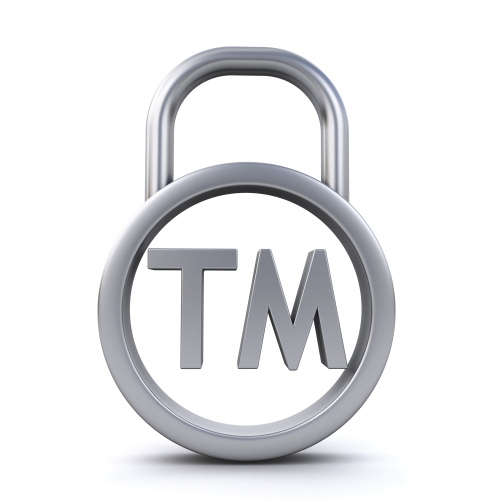
The traditional function of a trademark is to guarantee the origin of goods or services to a consumer. However, trademarks have recently started assuming new functions, including for communication and investment.
The legal framework for trademarks in the EU is based on the coexistence of national trade-marks systems, harmonised by a Directive sin-ce 1988, and a unitary Community Trademark, introduced in 1994 by a Regulation.
The case-law of the Court of Justice has played a prominent role in the development of EU law on trademarks, in particular with regard to their distinctiveness, use in comparative advertising and in keyword advertising.
The existing legal framework has been evaluated in 2011 by the Max Planck Institute for Intellectual Property, which prepared an in-depth study for the Commission. Their overall evaluation is positive, and includes several recommendations for improvement. Some academics have, however, expressed more critical opinions.
In March 2013 the Commission adopted a reform package for EU trademark law. This concerns both the Community Trademark (to be renamed European Trademark) and the Directive harmonising national trademark laws.








[…] affairs are our keysource on social protection for self-employed workers, our briefings on Trademark law in the EU and Rationale behind a euro area “fiscal […]
Appreciate it, Ample knowledge.
[…] on the conflicting interests involved in the burgeoning field of EU trademark law in our recent briefing on this topic. Another area worth exploring is the collective management of copyright, for books, […]
[…] Trademark law in the European Union: Current legal framework and proposals for reform / Rafał Mańko. European Parliamentary Research Service Briefing, July 2013. This briefing analyses the changing socio-economic functions of trademarks, presents the existing EU legislation and case-law on the topic, and gives an overview of the Commission reform proposal. […]